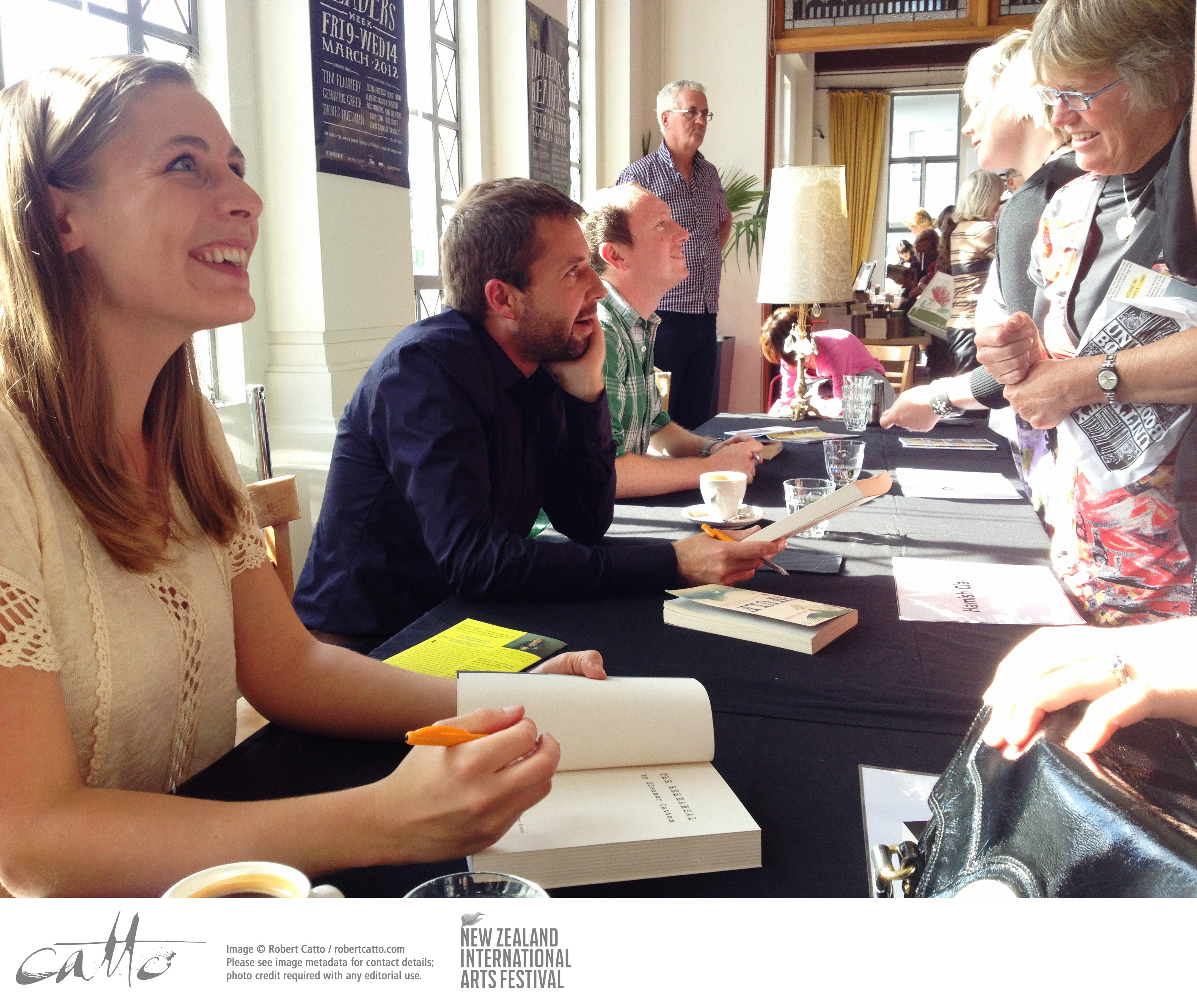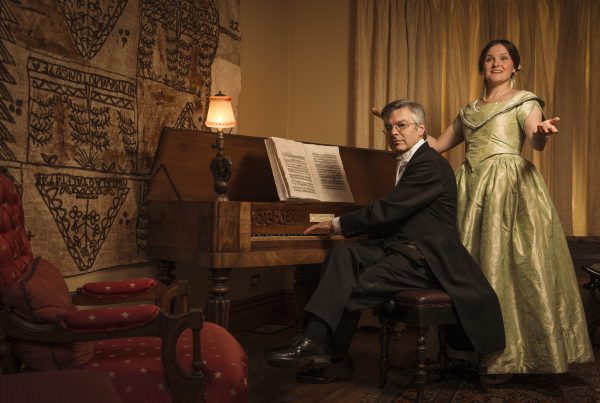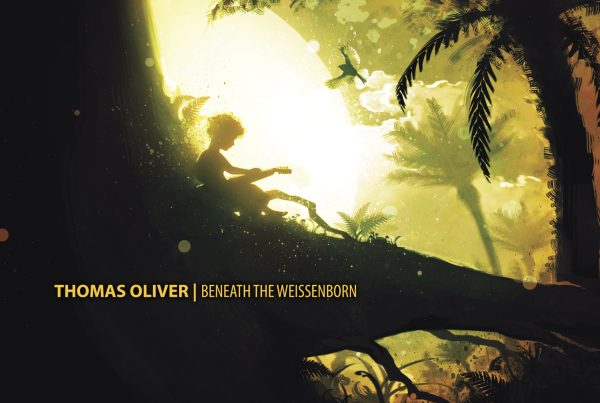
An underlying theme to this year’s events was the ever-blurring boundary between truth and fiction. Flaubert’s Parrot author Julian Barnes once suggested that “books are where things are explained to you; life is where things aren’t”. Numerous exceptions may prove his rule, but there’s certainly something there: books can form a space where messy collections of notions are parsed into tidy stories, though it’s the canny reader who can pick which is the less pernicious.
Viewed in that light, the 2014 Writers Week was something approaching a survival guide to the early 21st century. Here was luminary homecoming queen Eleanor Catton, offering a discussion of the role of the editor in shaping works of fiction, together with her Luminaries co-editor Max Porter; delivering the New Zealand Book Council lecture, on the principle of ‘change’ in fiction; and speaking to The Luminaries’ astrological influences at the Carter Observatory alongside poet Robert Sullivan and astrophysics writer Marcus Chown.
Catton’s appearances alone could’ve served as a course in the finer points of fact, fiction, verity and esoterica; but there was much more on offer besides. Tragedy at Pike River Mine author Rebecca Macfie spoke to that work as well as her coverage of the Christchurch earthquake, a timely exploration of the disruptive principle as it’s applied most devastatingly in real lives. Other authors shared their own admirable grasp of big stories: Margaret MacMillan, author of the Samuel Johnson Prize-winning Peacemakers, spoke to the uses and abuses of history, and Chinese-British author Jung Chang spoke on her research into Empress Dowager Cixi, one of China’s most influential recent rulers. Outside the Writers Week purview, actor Denis O’Hare – recently seen on American Horror Story as a tongueless ghost – delivered a one-man riff on violence built around Homer’s Iliad.
As much scrutiny again was paid to the business of crafting fact and fiction alike, with discussions on the heroic shadow-work of literary translation from Victoria University’s Marco Sonzogni; design and communication from Polish masters Daniel and Aleksandra Mizielińsky; playwriting from history with Hone Kouka and others; and a panel discussion of copyright, TPPA (Trans-Pacific Partnership Agreement) and what these issues mean to writers and readers. Surely after such a line-up – whose finer points we’ve barely touched on – the only appropriate response is an urge to explore (or make) some words for yourself.
[info]April Book Recommandations
Dappled Annie and the Tigrish: Mary McCallum (illustrated by Annie Hayward), Gecko Press
Local imprint Gecko Press is blowing up on the kid-lit scene with good reason: publisher Julia Marshall recently chatted about Wellington in this very magazine, and the house’s latest release is this work of magical realism in the tradition of New Zealand’s best children’s writing.
Kei Reira Ngā Weriweri: Maurice Sendak, Huia Press
Huia’s translation of Sendak’s beloved children’s book saw a live reading at the former Downstage in this year’s Writers Week. The story’s lyric flourish is only enhanced by the loving translation into rhythmic te reo Māori. Visit huia.co.nz to download a free MP3 of its Where the Wild Things Are te reo translation.
[/info]



